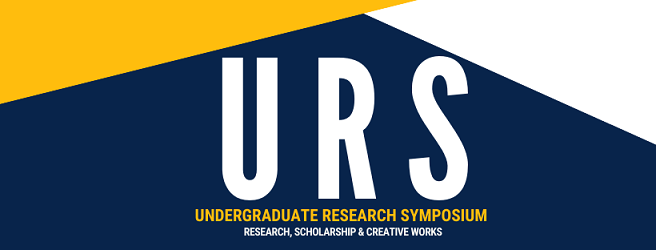Faculty Sponsor
Dr. Bettina Casad
Final Abstract for URS Program
Underrepresentation of Women in STEM
Despite earning a larger percentage of bachelor’s degrees than men, women earn less than half of bachelor’s degrees in most science, technology, engineering, and mathematics (STEM) fields (Casad, Petzel, & Ingalls, 2018). STEM fields are often high earning, highly innovative professions, and therefore underrepresentation of women in STEM is a concern (Burke, 2007; Hossain & Robinson, 2012).
Attitudes, Self-Efficacy, and STEM Outcomes
Positive attitudes about math at a young age positively correlate with entrance into math related classes, leading to higher math self-efficacy and greater intent to pursue STEM careers (Wang, 2013). Because math self-efficacy tends to be lower among women students than men students (Wang, 2013), it is likely a strong factor in the underrepresentation of women in STEM.
Role Models and STEM Outcomes
Previous research shows a positive correlation between parental education level and women’s pursuit of STEM careers (Guyette & Mullen, 2006). Additionally, parental impact is predictive of math self-efficacy and math-attitudes (Casad, 2015). Because self-efficacy in a particular subject is predictive of course and career selection (Jacobs, 2005), this relationship warrants further exploration.
Document Type
Poster
Publication Date
2020
Father’s Profession Predicts Academic Outcomes for Women in STEM--Poster
Bach, Casad; Father's Profession Predicts Academic Outcomes for Women in STEM; video.mp4 (4068 kB)
Father’s Profession Predicts Academic Outcomes for Women in STEM-Video


